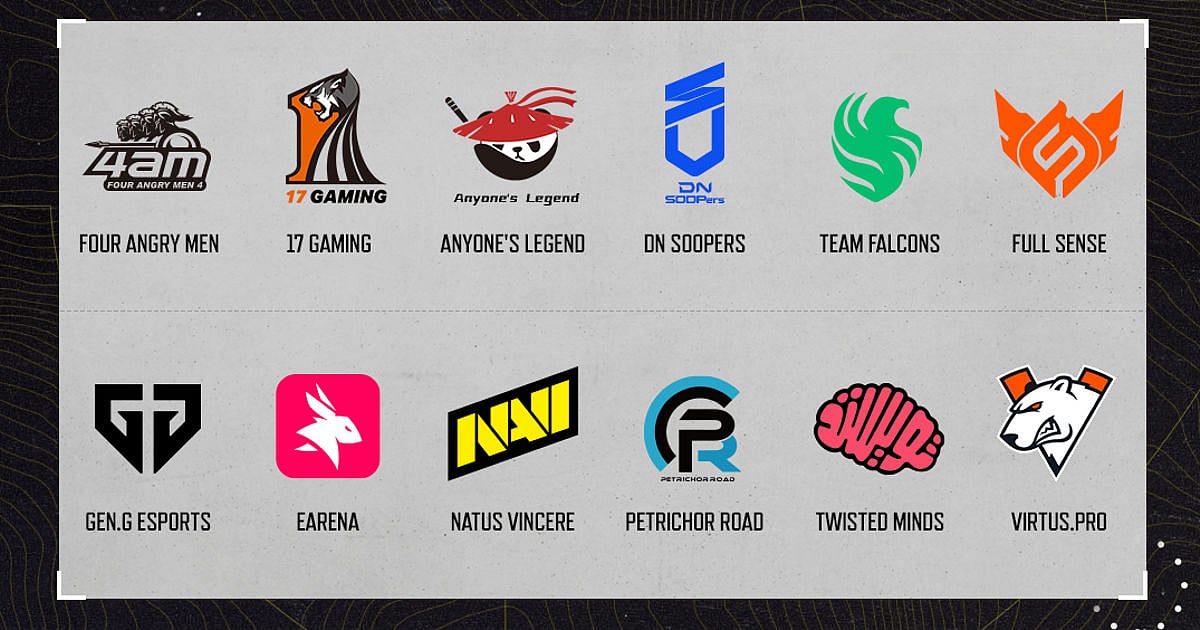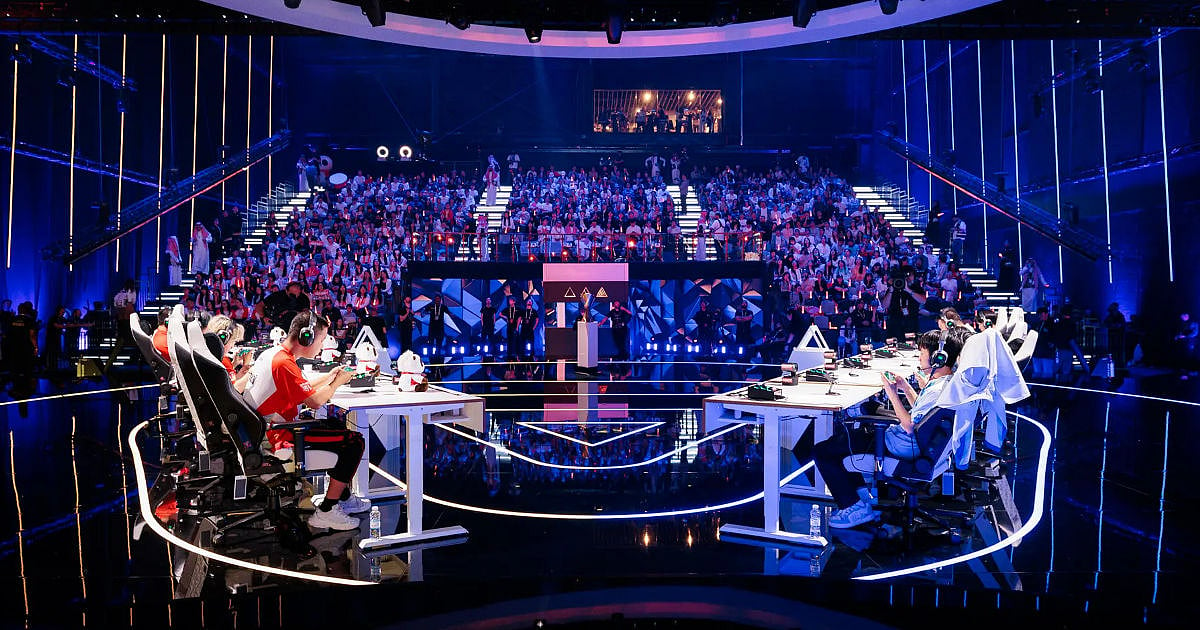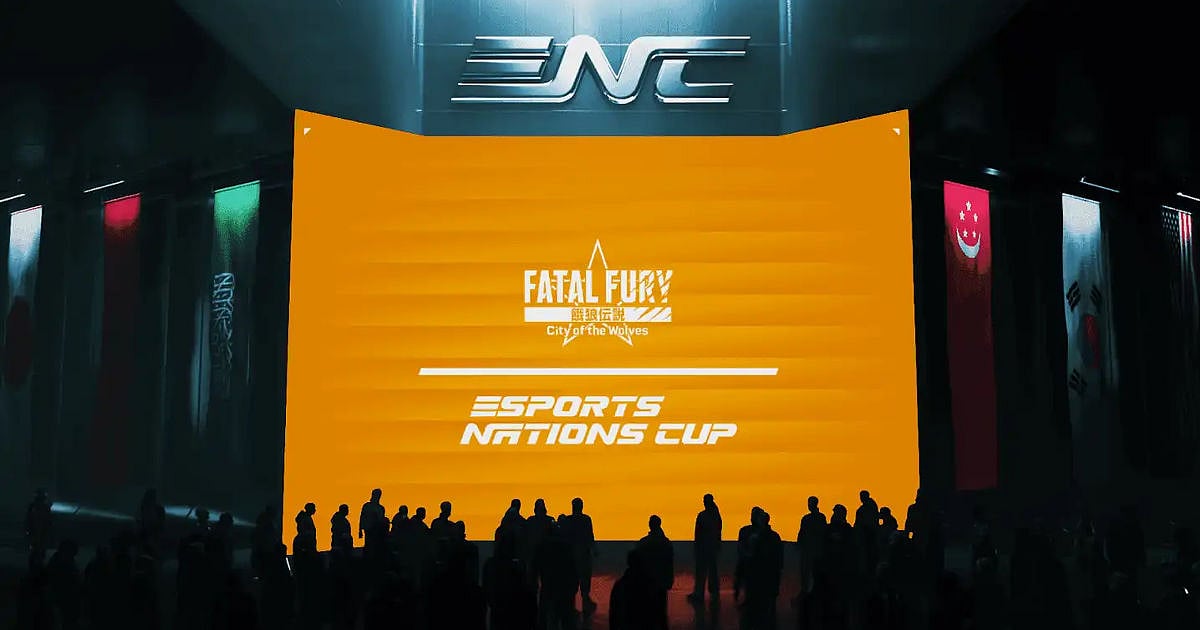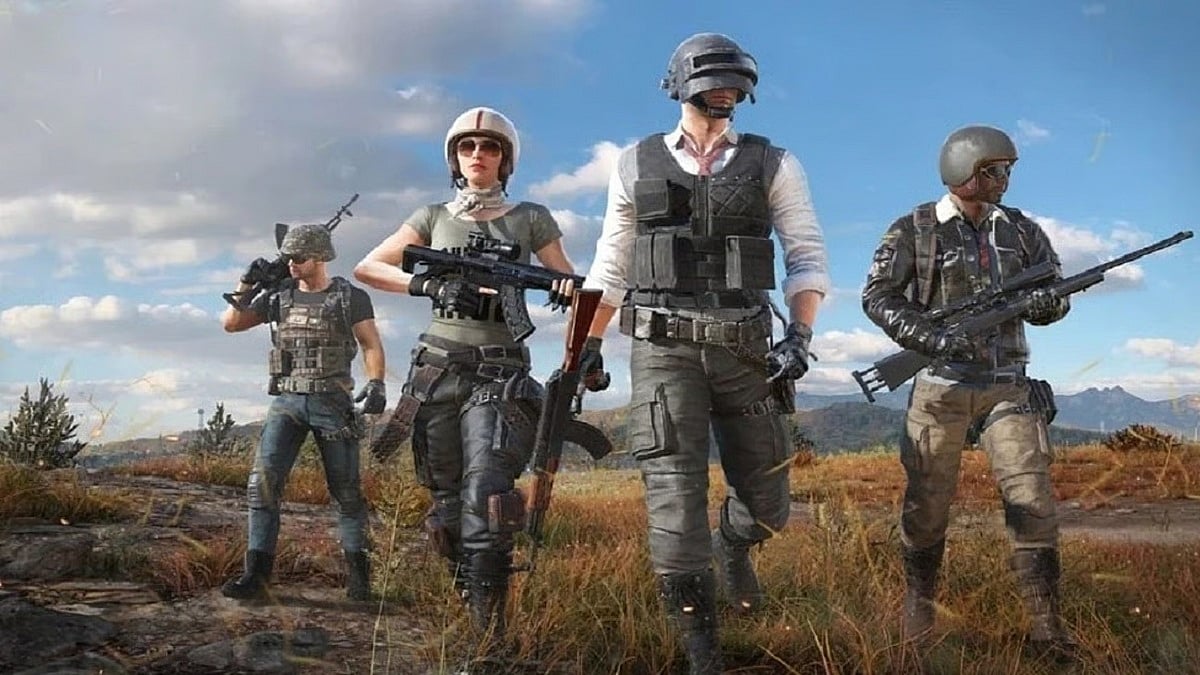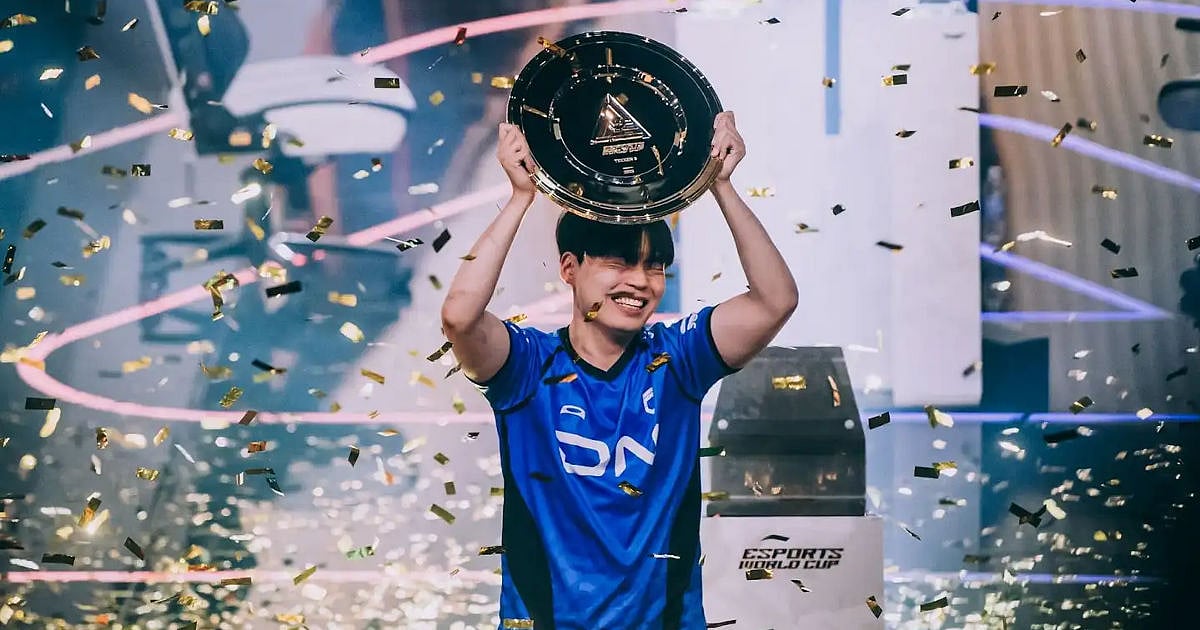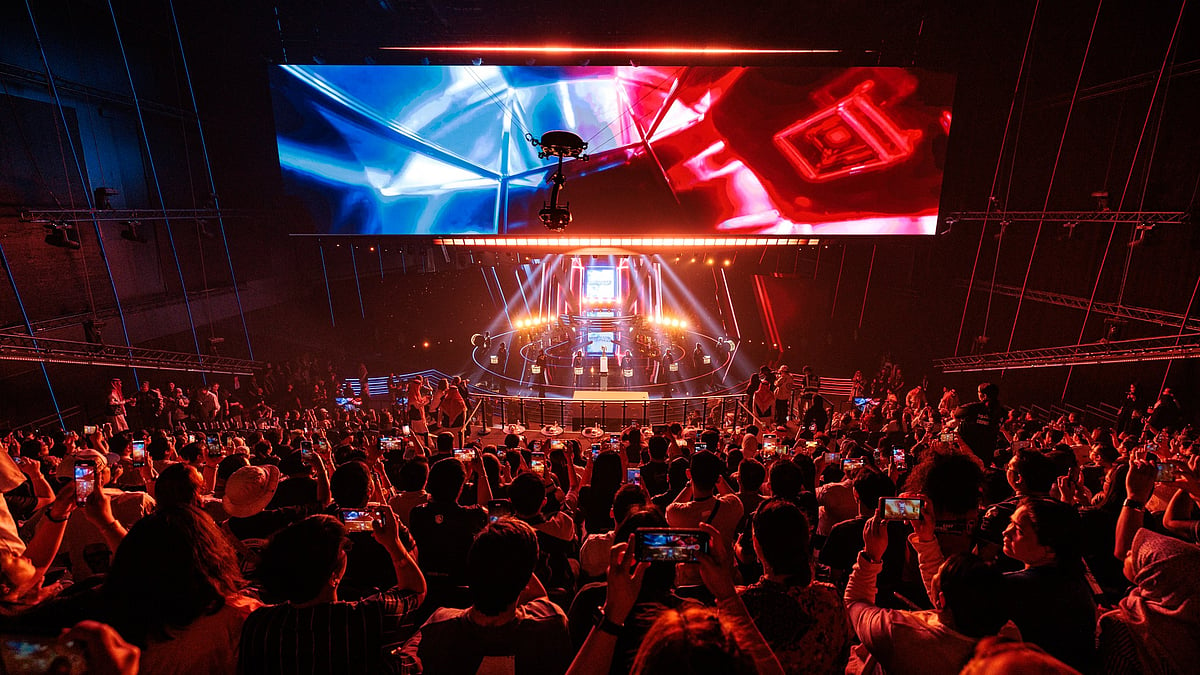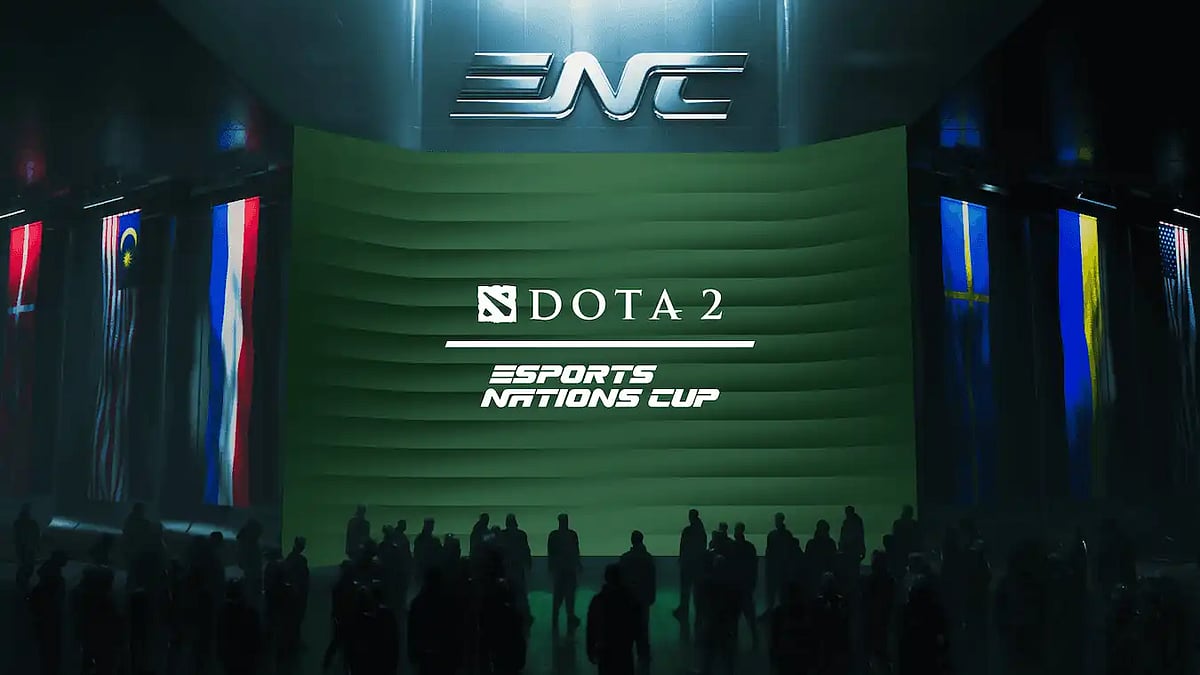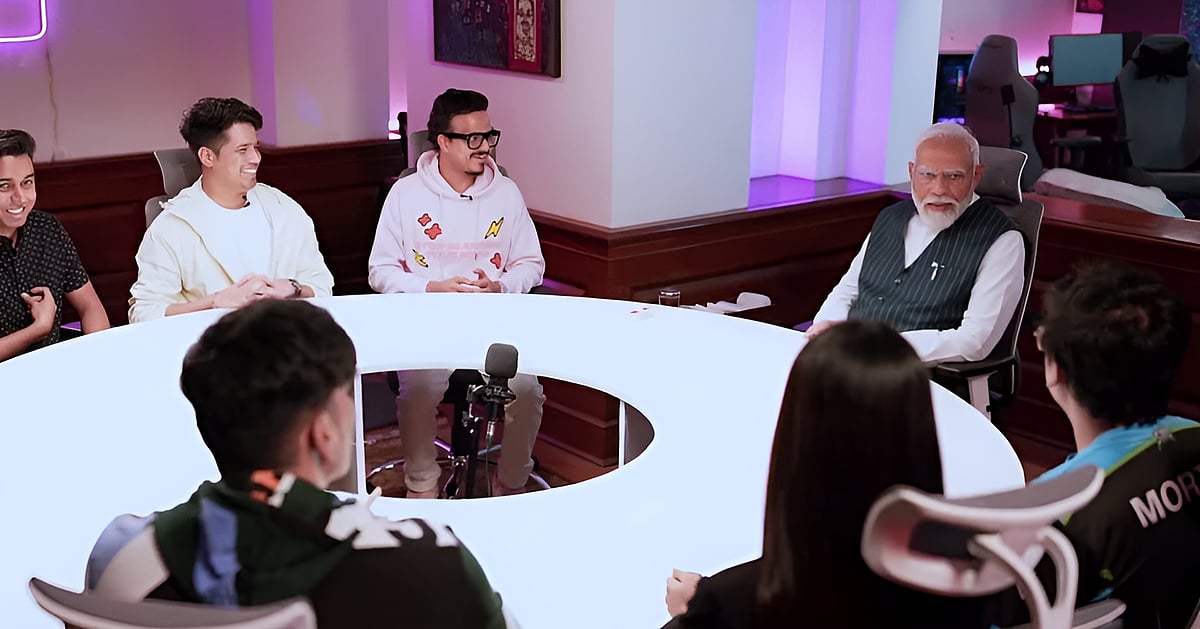
Is The Indian Government Chasing The Right Esports Dream?
Is The Indian Government Chasing The Right Esports Dream?
- India formally recognized esports as part of multisport events in 2022, marking a major policy shift.
- Esports debuted as a demo sport in Khelo India 2025, signaling growing mainstream acceptance.
- Questions remain on whether government strategy matches the unique needs of competitive gaming.
India's sporting legacy runs deep, from cricket stadiums that hold their breath for a six to chess prodigies who calculate victory dozens of moves ahead. The nation that has claimed Olympic gold and produced 85 chess grandmasters now finds itself at the threshold of a different kind of competition entirely.
On December 23, 2022, a quiet bureaucratic shift marked a potential turning point. The Ministry of Youth Affairs and Sports amended India's Allocation of Business Rules of 1961, formally recognizing esports as part of "multisports events." By May 2025, competitive gaming had earned a spot in the Khelo India games as a demonstration sport, a clear signal that digital competition was entering the mainstream sporting conversation.
Yet as India positions itself to compete in this rapidly evolving arena, a fundamental question emerges: Can traditional sporting frameworks, built for physical prowess and decades-old institutional structures, truly capture the essence of competitive gaming? Or does esports demand an entirely new approach, one that challenges everything the sporting establishment thinks it knows about competition, talent development, and what it means to represent one's country?
When Digital Meets Physical: The Great Divide
The differences between esports and traditional sports run deeper than screens versus stadiums. Traditional sports have spent centuries developing their infrastructure, from training academies to coaching hierarchies, all built around the fundamental reality of physical competition. Athletes need fields, courts, pools, and gyms. They require nutritionists, physiotherapists, and strength coaches. The pathway from local club to national team follows well-worn routes through state and regional competitions.
Esports operates in an entirely different universe. Success here depends on mental acuity, lightning-fast reflexes, and strategic thinking that can adapt to game updates released overnight. The infrastructure centers not on physical facilities but on high-speed internet, cutting-edge hardware, and software that becomes obsolete within years, not decades.
The career landscape reflects this divide just as starkly. Traditional sports have carved out sustainable professional pathways over generations, supported by ticket sales, broadcasting deals worth billions, and merchandising empires that turn athletes into global brands. The revenue streams are established, the career trajectories predictable.
Esports, meanwhile, is still writing its own rules. In India, the professional ecosystem remains fragmented. Few esports teams or individual competitors have achieved sustained global success, and for many professionals in the space, long-term career sustainability remains an open question. The industry lacks the institutional support systems that have made traditional sports careers viable for thousands of athletes.
This fundamental mismatch suggests that applying traditional sports governance to esports may be like using a cricket bat to play chess. It might work in theory, but it misses the essence of what makes each game successful.
The Saudi Experiment: Lessons From Riyadh
While India grapples with how to approach esports, Saudi Arabia has provided a compelling case study in how to build a global esports event from scratch. The Esports World Cup, launched in 2024 in Riyadh, offers insights into what works when governments take esports seriously on its own terms.
The numbers alone tell a remarkable story. With a prize pool exceeding $70 million and competition across more than 20 game titles, the EWC established itself as the premier global esports event in its inaugural year. But the real success lies in its approach to audience engagement and accessibility.
Over 10.5 million Indians tuned in to watch the 2024 edition, despite limited direct Indian participation in many games. The event reached more than 39 million viewers globally, demonstrating esports' ability to transcend geographic and cultural boundaries in ways that few traditional sports can match.
The EWC's strategy centered on understanding its medium. Rather than forcing esports into traditional broadcasting models, the organizers embraced digital-native approaches: multi-language streams including Hindi, partnerships with social media influencers, and content designed specifically for online consumption. They recognized that esports audiences consume content differently, engage through different platforms, and expect different types of interaction than traditional sports fans.
This digital-first approach has created a blueprint that other countries, including India, might study closely. The success wasn't just in the scale of investment but in understanding that esports requires its own rules of engagement.
The Economics of Indian Esports
The financial case for Indian esports investment grows stronger each quarter, but it comes with important caveats about scale and sustainability. Ernst and Young projects the Indian esports industry will reach INR 1,100 crore (approximately $132 million) by FY2025, representing a remarkable 46% compound annual growth rate from INR 250 crore in 2021.
These projections suggest a sector in rapid expansion. Streaming platforms are expected to generate the largest revenue share, while tournament sponsorship and syndication revenues could quadruple by FY25. Investment interest reflects this optimism: nearly INR 1,300 crore has flowed into the sector over the past five years, with another INR 3,400 crore anticipated by FY2025.
Market research by Grand View Inc. paints an even more ambitious picture, forecasting the Indian esports market could reach INR 3,072 crore by 2030, with sponsorships accounting for over 43% of revenue. By 2033, the market might surpass INR 10,000 crore, driven by India's massive youth demographic and increasing digital connectivity.
Major brands have already taken notice. Airtel, Flipkart, Red Bull, and Yes Bank are among the companies investing in esports partnerships, recognizing the sector's unique ability to reach India's digitally native generation. The industry is also projected to create over 11,000 direct and indirect jobs, from professional players to content creators, event managers, and technical specialists.
Yet beneath these promising numbers lies a more complex reality. Monetization remains challenging compared to traditional sports. While revenues are growing, the industry is still developing stable income streams from advertising, sponsorships, and merchandise. Infrastructure gaps, particularly in rural areas, limit the sector's reach. The sustainability of professional careers for most participants remains uncertain.
This economic picture suggests esports in India is at a critical juncture. The growth potential is undeniable, but realizing it will require more than simply treating esports like traditional sports with bigger screens.
Building Tomorrow's Playing Field
The path forward for Indian esports requires acknowledging a fundamental truth: digital competition demands digital solutions. While recent policy changes represent important symbolic victories, they're just the beginning of what needs to be a comprehensive rethinking of how India approaches competitive gaming.
The inclusion of esports under the Ministry of Youth Affairs and Sports and the extension of cash incentives to esports medalists mark significant milestones. But the sector still lacks the comprehensive regulatory framework and infrastructure specifically designed for its digital, rapidly evolving nature.
Success will require India to resist the temptation to force esports into existing sporting structures and instead build new frameworks that recognize gaming's unique characteristics. This means different approaches to talent development, different infrastructure investments, and different metrics for success.
The question facing India's policymakers isn't whether esports deserves investment and support. The numbers make that case clearly enough. The real challenge lies in whether India can resist the familiar playbook of traditional sports and instead write new rules for a fundamentally different game.
In a country that has mastered both the ancient strategy of chess and the modern complexity of cricket, perhaps there's room for one more game that requires its own unique approach.
Digital Infrastructure
Investing in digital infrastructure and grassroots development, such as high-speed internet, gaming centers, and esports education programs, to build a robust talent pipeline and support the growth of local game development.
Encourage Investments
Encouraging private investment and public-private partnerships through tax incentives and grants, which can help create sustainable business models, jobs, and innovative Indian esports IPs. Investing in esports is risky and giving investors incentives can help strengthen the ecosystem financially.
Separate Esports From Sports
Promoting esports as a distinct discipline, and not just a digital extension of traditional sports, can help promote it in the country. The government can consider supporting unique formats, recognizing the role of content creators and streamers, and building communities around multiple game titles.
Esports governance cannot simply copy the traditional sports federation model, as each game’s publisher retains ultimate authority and the scene is inherently global and digital. The government’s role should be to facilitate collaboration, set broad standards, and provide support, while allowing the Indian esports ecosystem to succeed. Treating esports as a separate entity that has its own rules, opportunities, and challenges is the way forward.

Author
Abhimannu Das is a web journalist at Outlook India with a focus on Indian pop culture, gaming, and esports. He has over 10 years of journalistic experience and over 3,500 articles that include industry deep dives, interviews, and SEO content. He has worked on a myriad of games and their ecosystems, including Valorant, Overwatch, and Apex Legends.
Abhimannu Das is a web journalist at Outlook India with a focus on Indian pop culture, gaming, and esports. He has over 10 years of journalistic experience and over 3,500 articles that include industry deep dives, interviews, and SEO content. He has worked on a myriad of games and their ecosystems, including Valorant, Overwatch, and Apex Legends.
Related Articles

